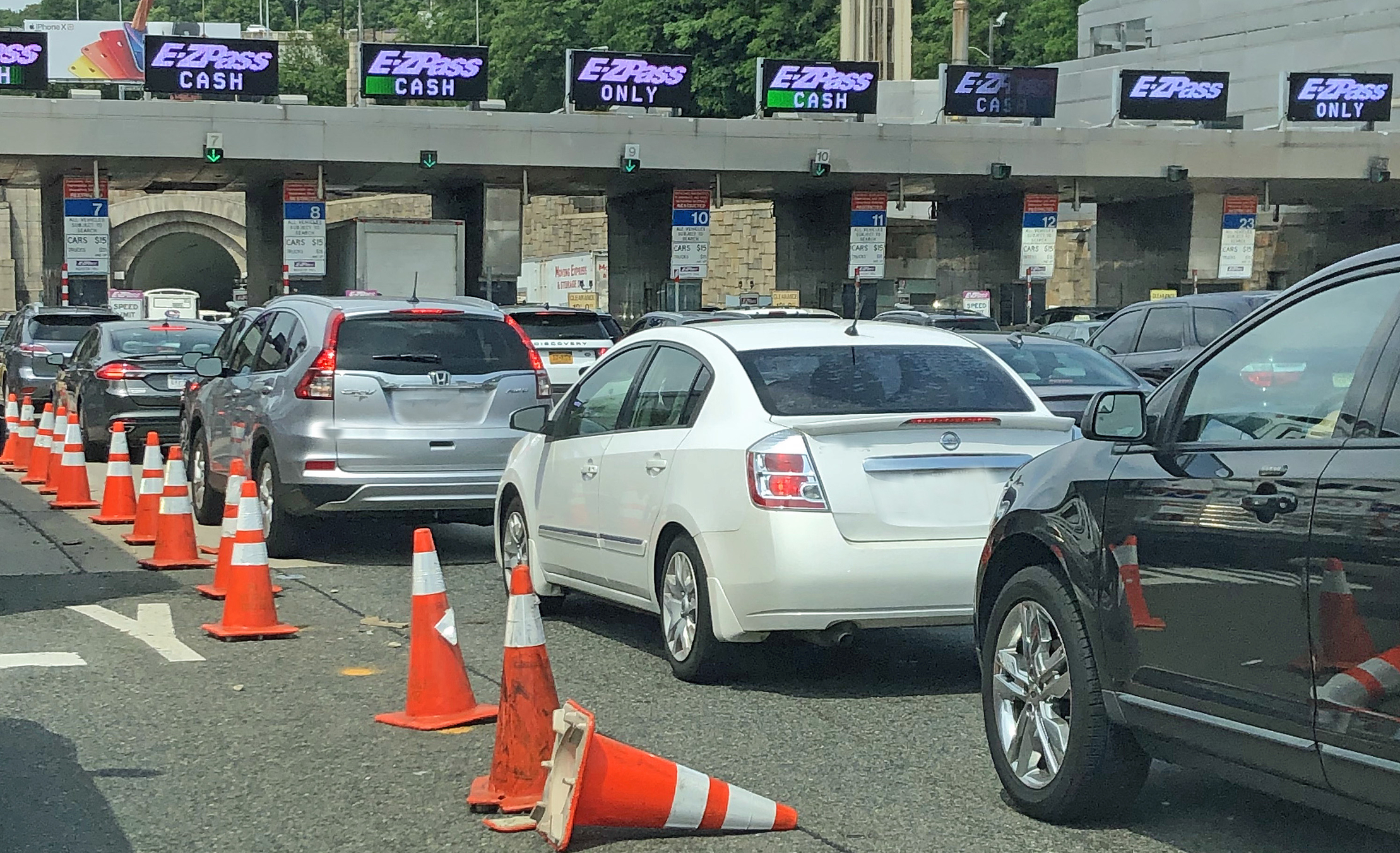JERSEY CITY, NJ – New Jersey is calling the latest climate saving efforts by New York City ‘ill-conceived’ and has filed a lawsuit against their Hudson River neighbor.
Governor Phil Murphy of New Jersey has taken a decisive step in the ongoing battle against the Metropolitan Transportation Authority’s (MTA) congestion pricing plan, announcing the filing of a lawsuit against the U.S. Department of Transportation (USDOT) and the Federal Highway Administration (FHWA). The lawsuit aims to halt the implementation of the ill-conceived scheme, which has been a subject of heated debate between New Jersey and its neighboring state, New York.
The congestion pricing proposal, spearheaded by New York City and State agencies, has been met with strong opposition from Governor Murphy, who fears the adverse impact it would have on New Jersey commuters, businesses, and residents. The lawsuit, filed in the U.S. District Court for the District of New Jersey, alleges that the USDOT and FHWA violated the National Environmental Protection Act by failing to conduct a comprehensive environmental impact review for the project, as well as the Clean Air Act.
Governor Murphy’s administration has been adamant in safeguarding the interests of New Jerseyans who would be burdened by the proposed congestion pricing scheme. The plan, which would impose tolls on vehicles entering certain areas of New York City, could potentially divert traffic and pollution to vulnerable communities in New Jersey, raising serious environmental concerns.
After refusing to conduct a full environmental review of the MTA’s poorly designed tolling program, the FHWA has unlawfully fast-tracked the agency’s attempt to line its own coffers at the expense of New Jersey families,” said Governor Murphy. “The costs of standing idly by while the MTA uses New Jersey residents to help balance its budget sheets are more than economic. At the MTA’s own admission, its tolling program would divert traffic and shift pollution to many vulnerable New Jersey communities, impacting air quality while offering nothing to mitigate such considerable harm. Today we stand as a unified front against this reckless scheme and reaffirm our commitment to combat the unjust taxation of our hardworking residents by other states.”
The legal action taken by New Jersey is part of a broader effort to combat unfair taxation and discriminatory treatment of its residents. Recently, Governor Murphy signed S3128/A4694, a significant bill aimed at keeping New Jersey taxpayer dollars within the state and supporting programs that benefit New Jerseyans.
Speaking on the matter, Governor Murphy emphasized, “The costs of standing idly by while the MTA uses New Jersey residents to help balance its budget sheets are more than economic. At the MTA’s own admission, its tolling program would divert traffic and shift pollution to many vulnerable New Jersey communities, impacting air quality while offering nothing to mitigate such considerable harm.”
The bill aligns New Jersey’s tax code with New York’s and allows the state to tax remote employees who reside outside of New Jersey but work for New Jersey companies, provided their home state has a similar tax rule. Additionally, the legislation provides tax credits for New Jersey residents who contest aggressive tax policies imposed on them by other states. In case New Jerseyans receive a tax refund for work done in their home state, the bill allows the State of New Jersey to provide a tax credit to offset the burden.
Furthermore, the bill establishes a $35 million grant program aimed at encouraging companies primarily operating outside the state to correctly report their employees who reside in New Jersey and to open offices within the state. This measure ensures that tax payments made by workers are correctly allocated to the appropriate jurisdictions.
Governor Murphy’s actions have received strong support from federal, state, and local leaders in New Jersey. Senator Bob Menendez expressed his firm stance against the congestion tax scheme, stating, “As the senior senator of New Jersey, I have made it abundantly clear that it’s unacceptable for New York to try balancing its budget on the backs of New Jersey commuters.”

